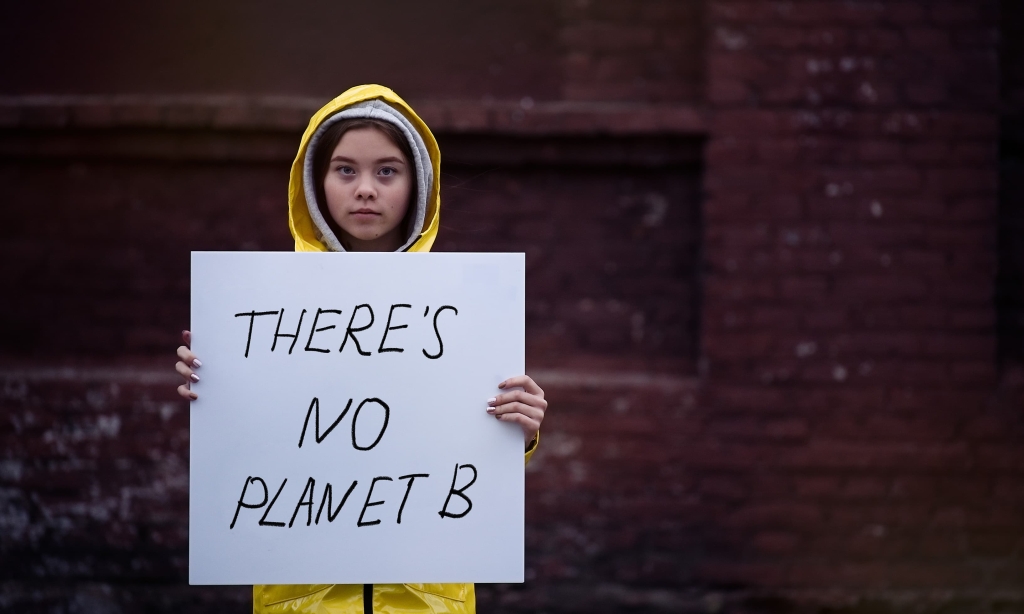

 Article
Article


UVA Darden assistant professor Arthur Delarue’s research reveals how San Francisco Unified School District used optimization tools to redesign school start times, saving more than $5 million in transportation costs. The study will appear in Management Science.

In the latest episode of Office Hours, a faculty spotlight series hosted by Darden Admissions, UVA Darden professor Alex Cowan discusses how experimentation and failure shape the way he teaches future leaders to build products and manage innovation.
Large language models (LLMs) offer powerful opportunities for automation, creativity and knowledge access. With 800 million people using ChatGPT alone, LLMs are drastically changing the way we interact and operate as a society. No question, this is one of the biggest disruptions of our lifetime; but is it a good one?

In the latest episode of Office Hours, a faculty spotlight series hosted by Darden Admissions, UVA Darden professor Michael Albert discusses whether AI is a bubble and why he is excited about agentic AI.

What if television studios could tell whether a TV show would hold its audience before it ever aired — just by analyzing the script? New research from Professor Anthony Palomba suggests that could be the case. Dialogue isn’t just entertainment; it’s data.

Using smartphone location data, UVA Darden Professor Young Hou discovered something unexpected about the famous Popeyes-Chick-fil-A rivalry: the viral sandwich launch lifted all boats, boosting competitors' foot traffic rather than stealing customers.

Walmart and Amazon are locked in a high-stakes battle for retail dominance. In a new UVA Darden case, Professor Young Hou sets the stage for a discussion on how tariffs, private-label brands and leadership will determine who wins.

A landmark study of 60,000+ people across 63 countries reveals how specific messages — from emotional appeals to future-focused thinking — impact climate beliefs, policy support and real action. The key? Tailored strategies, not one-size-fits-all campaigns.

Health care fraud costs the U.S. more than $100 billion annually. Why is that? And how can technology — and specifically artificial intelligence — help us identify problems sooner and potentially help prevent billions in medical fraud and abuse?

Rising healthcare costs are distorting credit scores, making some borrowers appear more creditworthy than they are. Research from the Mayo Center for Asset Management shows that unreported medical debt leads to higher loan defaults and affects access to credit. Are lenders aware of the risks? What does this mean for borrowers and policymakers?